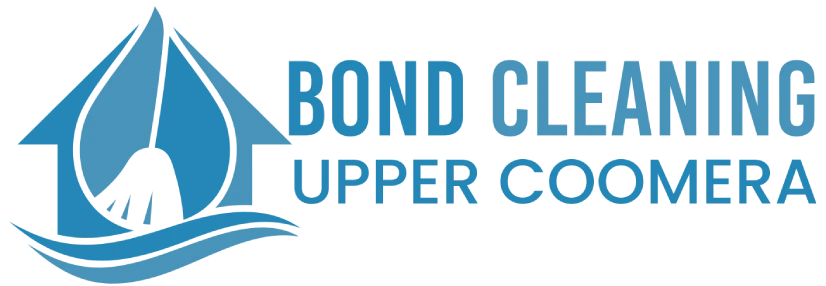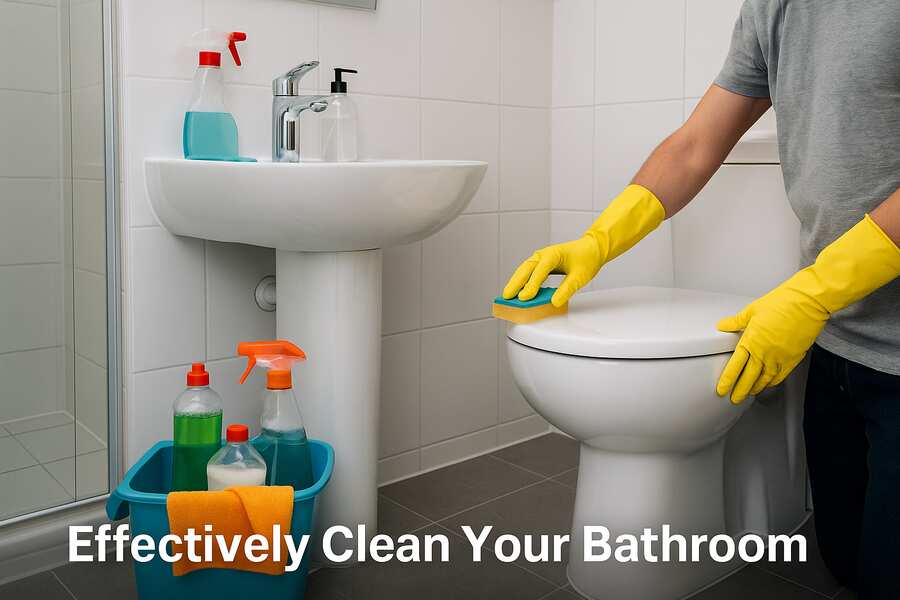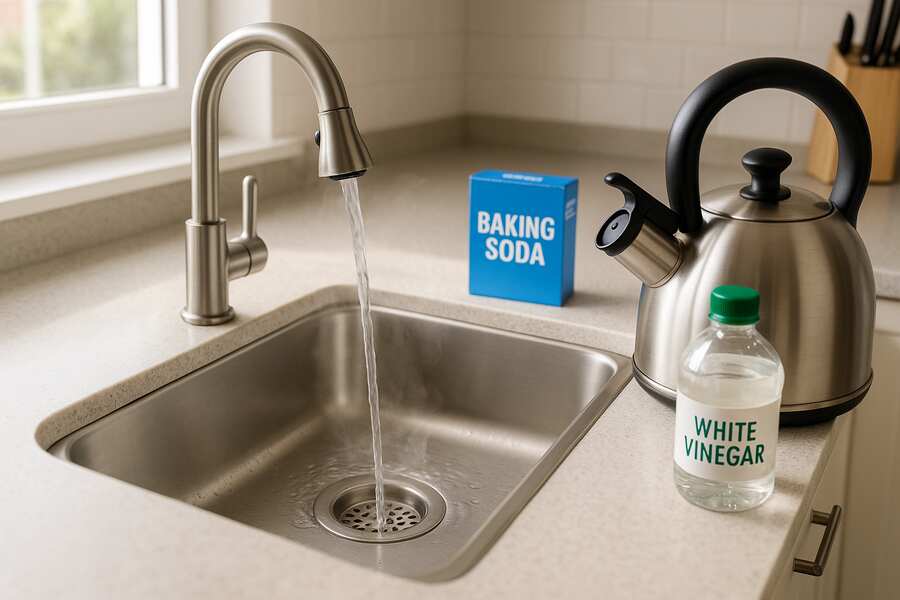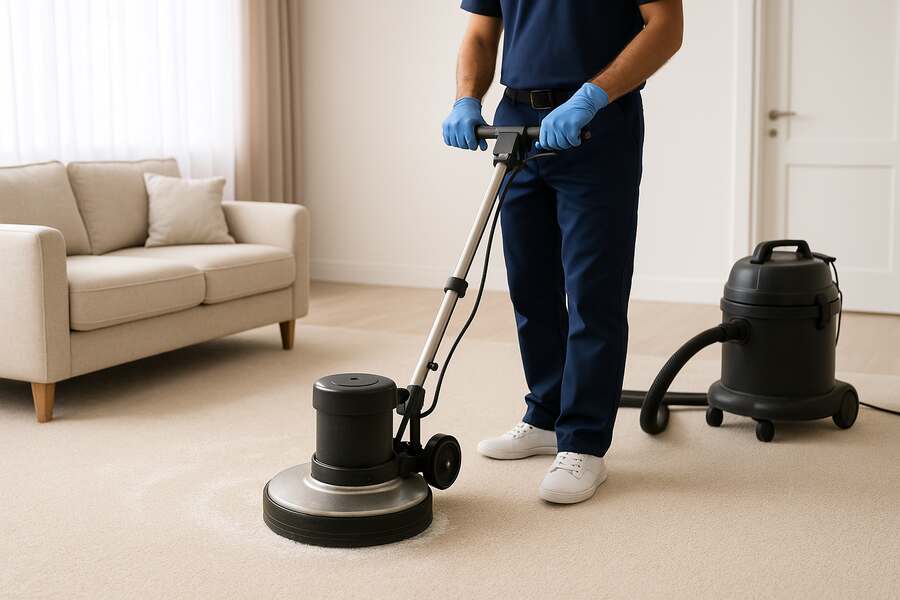Why Cleaning Your Home Keeps Allergies and Illness Away?
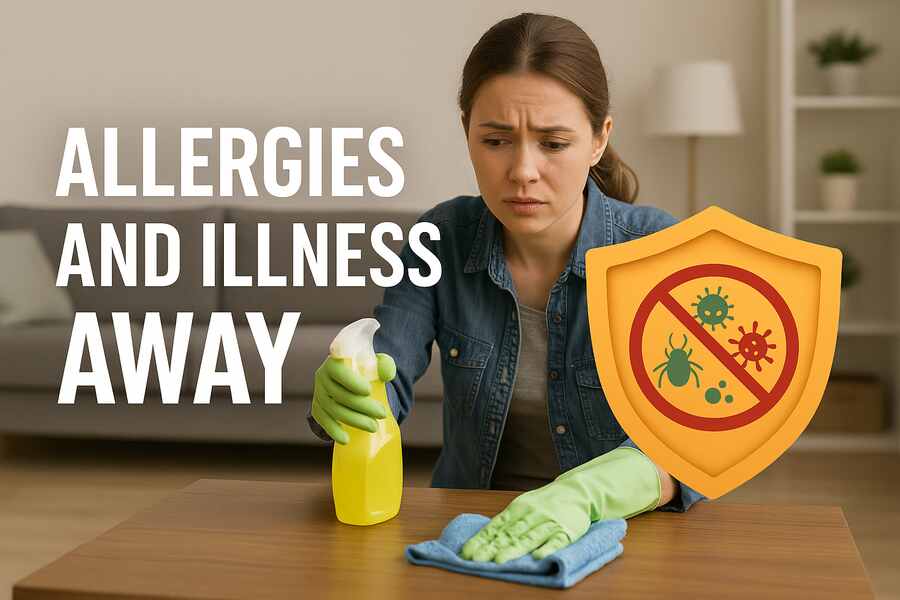
Allergies and Illness Away: Clean Home, Healthy Life
Have you ever asked yourself a query that comes up as to why you, or your loved ones, always have upset stomachs or are sneezing, coughing, or feeling under the weather at home, yet even though you are not ill? It may not be the weather or a cold that is about. It might even be your house. There are dust mites, pet dander, mould and even germs everywhere we could not imagine it on your couch, your beddings and even in the most hidden corners of your quick clean. Unless you clean your house regularly and constructively, your house can be used as a breeding ground for allergens as well as illness-causing bacteria. Not only does a clean house feel better, but it is also healthier. This blog is going to touch on how cleaning can go a long way in curbing the number of allergies and even check illness spreading in your area as well.
1. Invisible Triggers
Dust may not appear to be hazardous, but it is a big factor in indoor allergies, as suggested by Bond Cleaning Upper Coomera. It has skin flakes, pollen, and mould spores, and tiny vermin such as dust mites, all allergens. Once you stroll about, sit or vacuum them ineffectively, they readily mix in the air.
These particles get trapped and eliminated by regular dusting with a wet cloth or a microfiber duster, as opposed to dispersing them. The places are given bigger attention than usually used to be, as they are not paid so much attention (the ceiling fans, baseboards, blinds and the backside of furniture). Remaining dust-free within the comfort of your home will decrease sneezing, allergies such as itchy eyes and breathing difficulties, especially when the body is asthmatic or allergic.
2. Vision and Floor Cleaning
Your carpets and rugs are sponges; they trap dirt, hair, dander and other allergens way down in the fibres. These confined components may, in the long run, provoke allergies and even respiratory conditions.
Part of removing these particles is vacuuming at least two times a week with a vacuum that has a HEPA filter. Remember to clean under the bed, the couch and other furniture by using a vacuum. Assuming you can do this, once a month, give your carpets a thorough cleaning, or replace hard flooring that is easier to keep allergen-free. The flooring is more important than we usually think about to create a healthy environment.
3. Kitchen Hygiene
Meals start in your kitchen, and it is one of the places where bacteria and mould can thrive unless rid oftheym a regularly basis. The presence of spills, crumbs, dirty dishes, and absorbent sponges is the habitat of bacteria, e.i. E. coli and Salmonella that may cause food poisoning.
This can be done by just how the countertops can be wiped down daily using disinfectants or regular sanitising of sponges, or using disposable sponges as well as immediately cleaning up spills. In addition, empty your refrigerator once a week to prevent the food that going bad and cover the secret spills, which may promote the growth of moulds.
4. Bathroom Cleaning
Bathrooms are hot, humid, and the ideal place where mould, mildew and bacteria can grow. Senselessly, they will give rise to an allergy, skin irritation, and breathing difficulties too.
They can prevent this by ensuring that bathroom surfaces are wiped using disinfectants. Focus on high contact objects, e.g. faucets, flush bathroom buttons, doorknobs and shower handles. Wash bath mats, replace shower decals and develop good ventilation in the entities to reduce moisture. Donations: One of the adequate methods of keeping grime out and long-term health will be to donate items.
5. Air Quality and Ventilation
Badly conditioned air pollutes the air in the house and may aggravate allergies and cause illnesses more in the seasonal transitions. Even the dander of your pet can remain in the air, and if your home is not well filtering and that is why, it also stays in the house.
Wash or change your air filters within your HVAC equipment often to make sure that they are working well to collect allergens. Natural ventilation can be used where windows can be opened, and an air purifier might be used in places that collect a lot of traffic or are prone to allergen contributors. The decline in the number of harmful substances in the air translates to the safety of the citizens because they have less physical evidence of air pollution.
6. Decluttering
It is also ugly because clutter will get dusty and difficult to tidy up. Their piles of clothes, stacks of paper, and dust catchers, which are forgotten knickknacks, play their part in dirtier air.
Cleaning your house will be easy to do, and you will not have places where dust mites and other irritants can hide. Declutter frequently and give away, snack, or trash items that have not been used. Healthiness is not just a calm but also a minimal and organised space.
7. Pet Nurturing and Hygiene
The pets are the most favourite animals of the family, and at the same time, they also produce fur and dander that are allergic. Washing the bedding, toys and also, the favourite resting place of the pet are important points to be done regularly.
It is possible to minimise the accumulation of allergens through frequent vacuum cleaning with a pet-friendly vacuum, the use of lint rollers on upholstered furniture, and airing out pet quarters. Also, pets should not be allowed to sleep in beds or on couches when allergies exist. Tidy pets and tidier air and fewer flare-ups by allergy-prone residents.
8. Germ Control
High-touch items such as doorknobs, light switches, remote controls and smartphones are all germ and virus spreaders. Daily disinfection of such places can greatly prevent the transmission of disease.
Sanitise such spots daily, at least, with alcohol cleaner, containing antibacterial wipes, or once during flu season or when one family member is experiencing symptoms. Preventive cleaning restricts cross-contamination and increases the healthiness of the home to be shared by everyone.
Conclusion
Keeping a clean house tells us more than it is a thing of beauty: it is part of the formula of healthy living. Allergies, respiratory problems and diseases begin at home, as it is right under our noses. The next time you wash the sink or vacuum the space under the table, then, this is not just a house cleaning you are doing; this is your health that you save. That is always worth the trouble.
